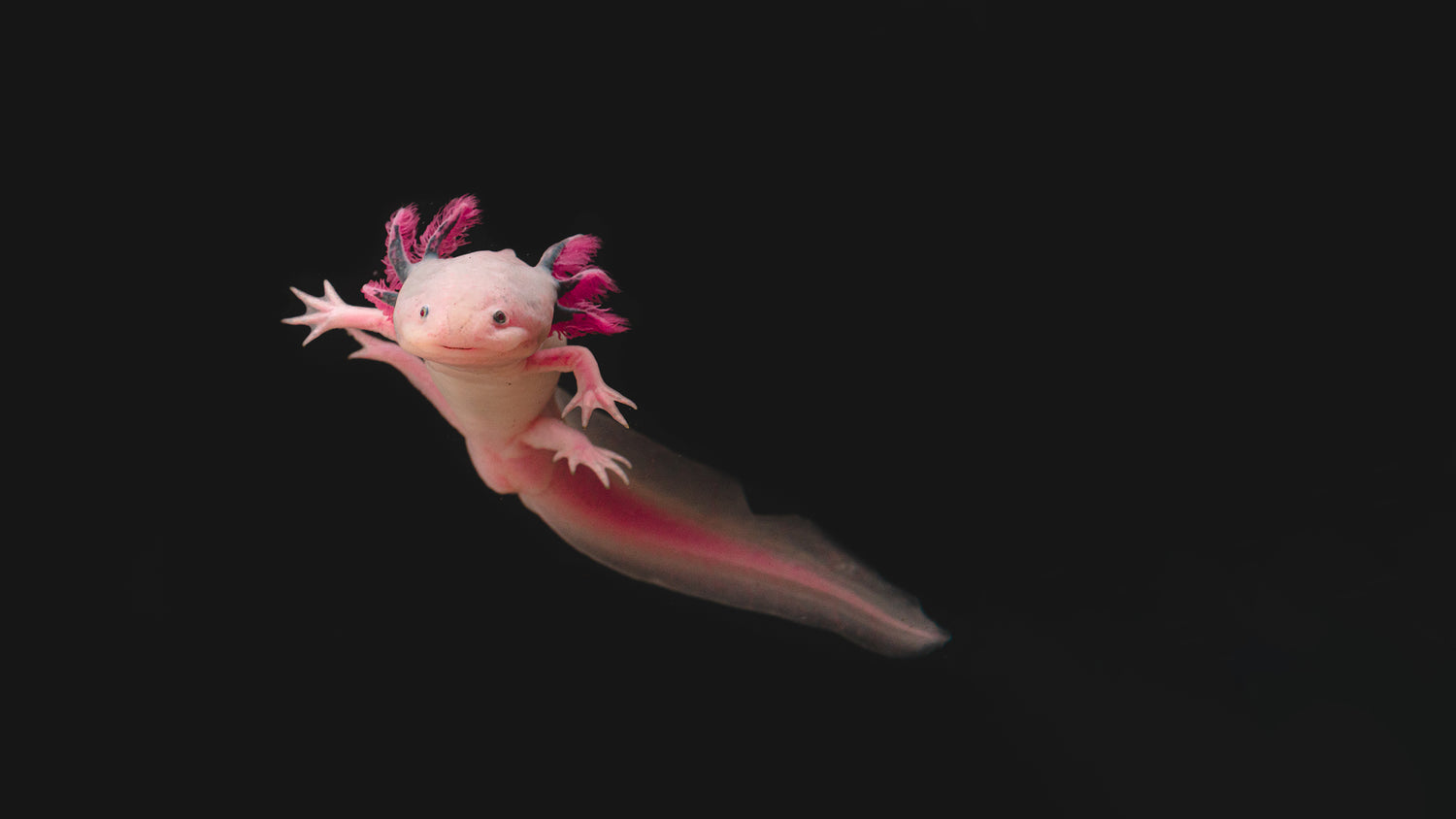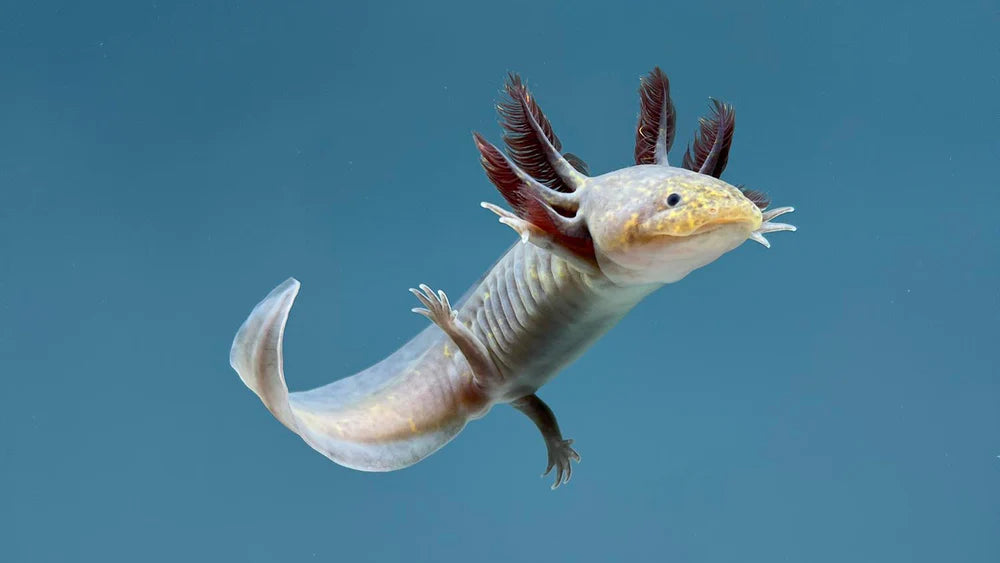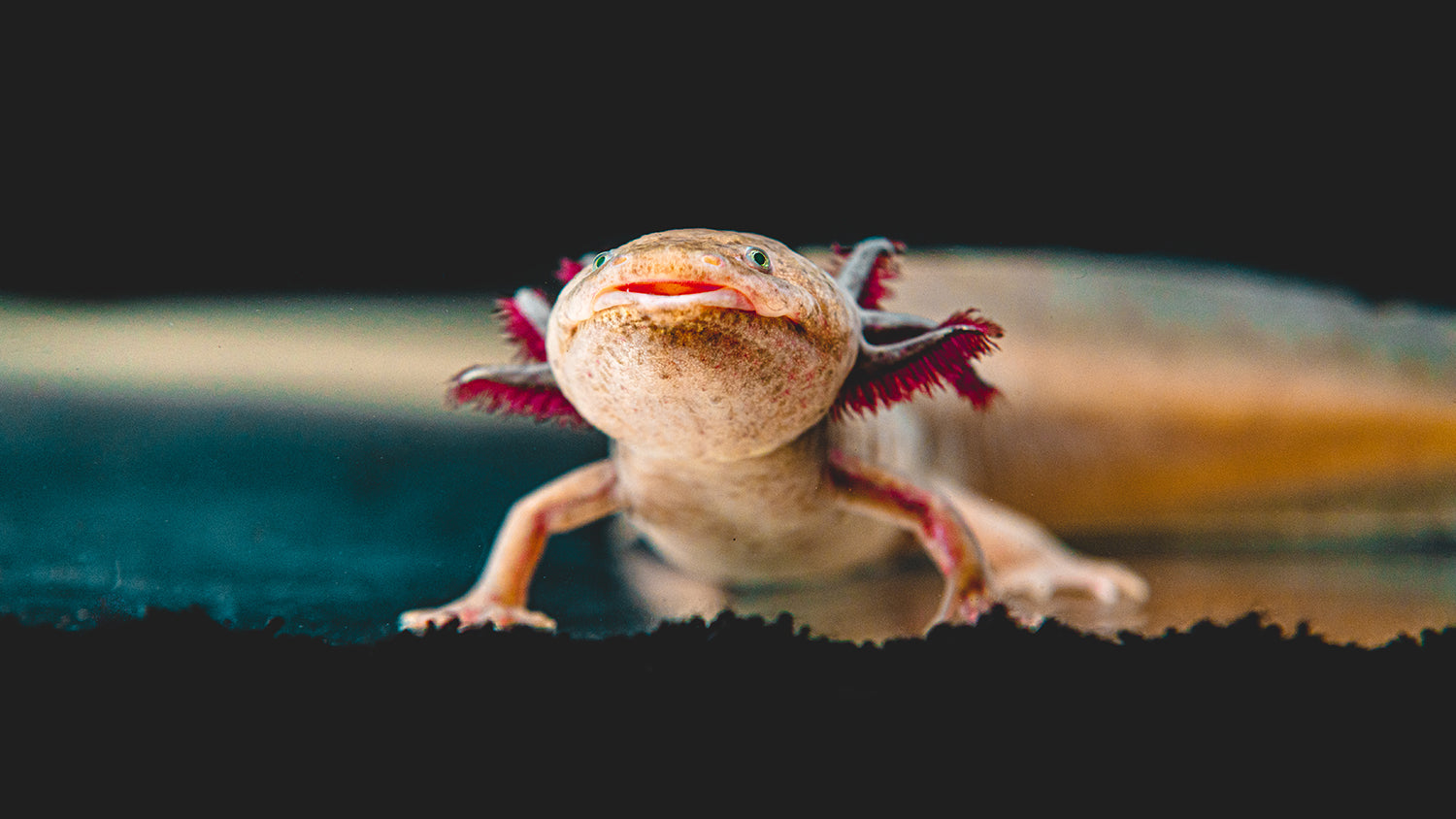The beauty and charm of axolotls, with their fringed gills and perpetual smiles, are hard to resist. These aquatic creatures, also known as "Mexican Walking Fish," have captivated the hearts of many and, as a result, have seen a surge in popularity as pets. However, owning an axolotl comes with a unique set of responsibilities and ethical considerations. This article delves into the ethics of axolotl ownership and provides insights that every potential owner should be aware of.
The Axolotl: An Overview
Axolotls (Ambystoma mexicanum) are not actually fish, but a type of salamander that never undergoes a complete metamorphosis, hence remaining aquatic throughout its life (known as a neotenic salamander). Native to the ancient system of Xochimilco lakes in Mexico City, their wild population has drastically dwindled to the point of near extinction. The primary threats are habitat loss, pollution, and the introduction of invasive species. This makes the ethical aspects of axolotl ownership all the more important.
Conservation Status and Pet Trade
One of the first ethical considerations when choosing an axolotl as a pet is understanding their conservation status. Axolotls are listed as "critically endangered" by the International Union for Conservation of Nature (IUCN). It is essential to ensure that your potential pet does not come from the wild but has been bred in captivity from a reputable breeder. Purchasing a wild-caught axolotl contributes to their declining numbers and is widely regarded as unethical.
Proper Care and Lifespan
Another significant ethical aspect of axolotl ownership lies in providing the right care. Axolotls can live up to 15 years under optimal conditions, and their needs differ greatly from other aquatic pets. They require a specific temperature range (60-68°F), a balanced diet, and a carefully maintained water environment. Any potential axolotl owner should be prepared for this long-term commitment and the effort required to maintain their health.
Breeding and Morphs
Axolotls have become popular subjects for selective breeding, with a variety of color morphs available in the pet trade. While these morphs can be visually appealing, the ethics of such practices should be considered. Some argue that excessive selective breeding can lead to health issues and decreased genetic diversity. Therefore, if you're considering getting a specific morph, it's essential to research its origin and the practices of the breeder. At Axolotl Planet, we employ microbiologists that are focused on maintaining the utmost standards of ethical breeding and care. When purchasing a captive-bred axolotl from Axolotl Planet, you can be assured that your money went to hardworking, loving axolotl breeders and caretakers that put their animals first.
Legal Considerations
Lastly, potential axolotl owners should be aware of the legal considerations involved. In some states, owning an axolotl as a pet is illegal due to their endangered status. Before purchasing an axolotl, it's crucial to verify the legality in your area and comply with any permit or licensing requirements. In the United States, axolotl ownership is illegal in California, Maine, New Jersey, and Virginia, while obtaining a permit in New Mexico and Hawaii is necessary prior to owning an axolotl.
Conclusion
While axolotls make fascinating pets, owning one is a responsibility that extends beyond basic care and starts at choosing the right breeder. The ethics of axolotl ownership involve understanding their conservation status, providing proper care, considering the implications of selective breeding, and adhering to legal restrictions. By taking these factors into account, you can make a more informed and ethical decision about becoming an axolotl owner. Remember, ethical pet ownership is about ensuring the welfare of the animal while also considering the broader implications for the species as a whole.





Leave a comment
This site is protected by hCaptcha and the hCaptcha Privacy Policy and Terms of Service apply.